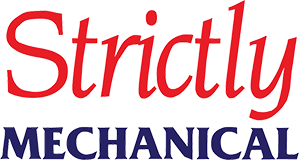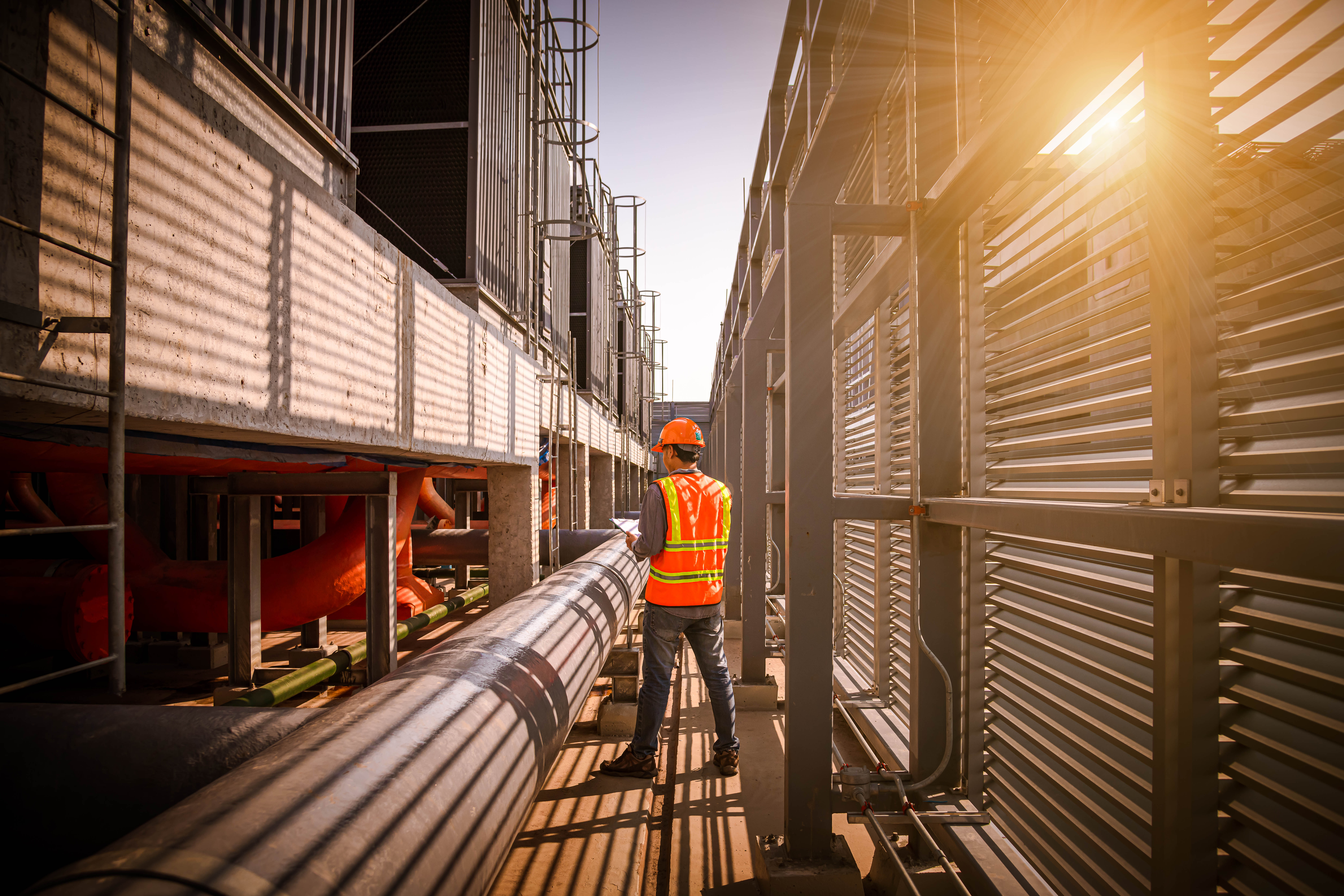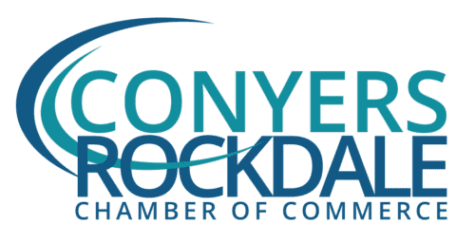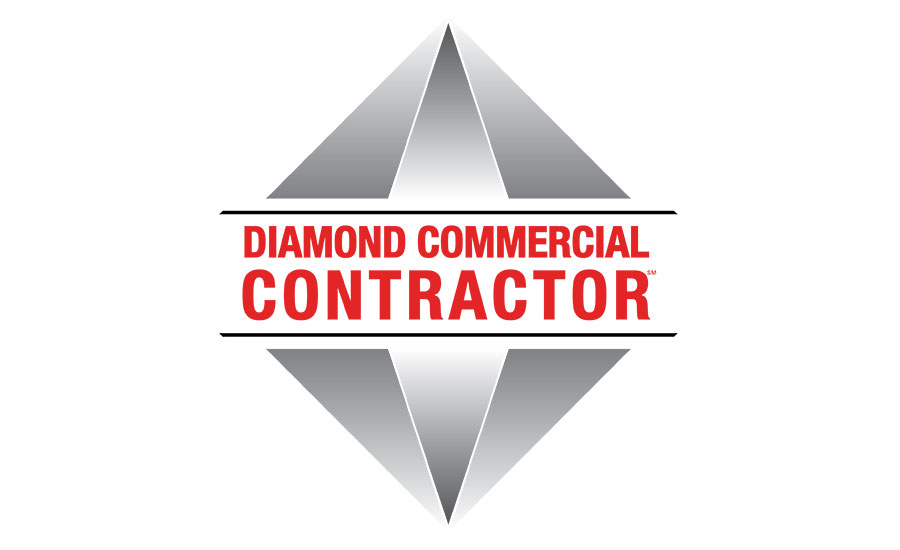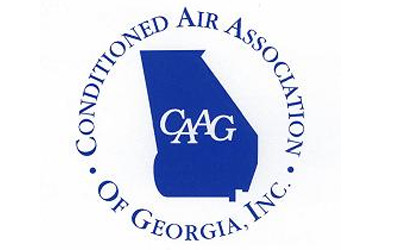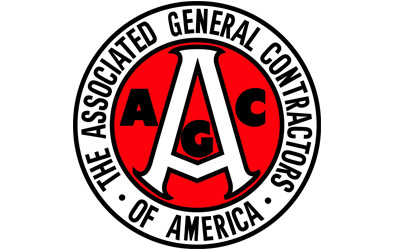HEPA Filters (high-efficiency particulate air) This type of air filter can theoretically remove at least 99.97% of dust, pollen, mold, bacteria, and any airborne particles with a size of 0.3 microns (µm). Not all HVAC systems can handle this type of air filtration. We can help define if your system can handle this type of filters.
UV Lights - This is a form of radiation which is not visible to the human eye. It's in an invisible part of the "electromagnetic spectrum". UVC radiation has been shown to destroy the outer protein coating of the SARS-Coronavirus. The destruction ultimately leads to inactivation of the virus.
Bipolar Ionization -This patented technology produces a high concentration of positive and negative ions, delivering them to the space via the ventilation system. Within the air stream, ions attach to particles, where they combine, become larger and are more easily filtered from the air. When ions meet pathogens, they disrupt the pathogens’ surface proteins, rendering them inactive.
